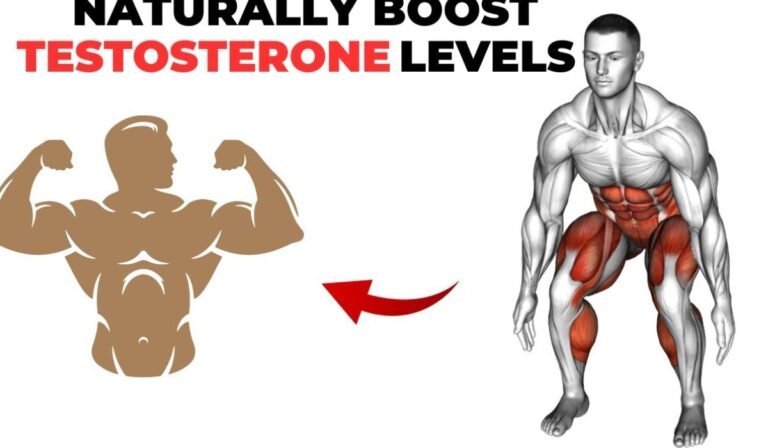Testosterone is often called the “male hormone,” but its role extends beyond just sexual health. It shapes muscle strength, bone density, energy, and emotional stability. Low levels can sometimes cause fatigue, low motivation, or changes in physical performance. Genetics do play a part, yet lifestyle choices are powerful factors influencing hormonal trends over time.
Connecting with a men’s health clinic Sacramento can help personalize strategies if you have questions or concerns, but supporting healthy testosterone is also possible with several natural steps. A balanced diet rich in zinc and vitamin D, regular strength training, and quality sleep all contribute to optimal hormone levels. Reducing chronic stress and limiting alcohol intake can also make a measurable difference over time.
The Power of Nutrition in Hormonal Balance
What you eat provides the building blocks for hormone production. Diets that include enough lean protein, healthy fats, and whole grains can naturally promote hormonal balance. Omega-3 fatty acids from sources like salmon, walnuts, and flaxseeds contribute to cellular health and hormone creation, while zinc-rich foods such as beef, chickpeas, and pumpkin seeds have been shown to support optimal testosterone levels.
Limiting processed foods and refined sugar is also critical, as excess sugar can interfere with hormonal signals and cause fluctuations in insulin levels. Focusing on fresh, nutrient-dense meals makes a real difference in supporting the body’s natural processes.
Movement and Muscle: How Exercise Makes a Difference
Science consistently points to regular physical activity, especially resistance training, as a driver of healthy testosterone. Something as straightforward as weight lifting or bodyweight workouts stimulates the body’s natural hormone production. Even brisk walking, cycling, or interval training has positive effects, especially when done consistently over time.
Exercise does more than just boost testosterone; it combats stress, promotes heart health, and helps maintain a healthy body composition. The best results come from combining strength and cardio activities, making exercise both enjoyable and a cornerstone habit for anyone looking to balance their hormones naturally.
Better Sleep for Better Hormones
Sleep is where much of our hormone regulation happens. Studies highlighted in NIH research confirm that poor or inconsistent sleep can lower testosterone levels and disrupt the body’s circadian rhythm. Prioritizing a full 7-9 hours each night is crucial.
This means winding down with calming routines and minimizing screens in the hour before bed. Small improvements in sleep hygiene—like sticking to set wake and sleep times or making your bedroom environment darker and cooler—pay big dividends for overall hormonal function.
Managing Stress Naturally
High stress is a well-known antagonist to optimal testosterone levels. Chronic stress prompts the body to release more cortisol, a hormone that can suppress testosterone. Integrative approaches such as meditation, deep breathing, and yoga have been shown to reduce stress. Social connection and outdoor time can also help reset the body’s stress response. Strategies don’t have to be elaborate—taking five minutes daily to focus on breathing, journaling, or simply stepping away from work can help manage stress.
If feelings of anxiety or stress become overwhelming, guidance from a Sacramento health clinic can provide valuable tools and resources tailored to your needs. A personalized stress-reduction plan can complement hormone therapy and improve long-term outcomes. Addressing mental well-being is just as important as physical treatment in restoring overall health.
When to Consider Professional Support
Sometimes, healthy habits aren’t quite enough. Men experiencing ongoing symptoms such as low libido, chronic fatigue, or unexplained mood changes should seek a health assessment from a professional. These symptoms can have solutions that go beyond lifestyle changes, and professional clinics use advanced diagnostics to develop personalized care plans.
According to the Harvard Health Blog, many misconceptions exist about testosterone supplements and treatments. Only a healthcare expert can determine the true cause of hormonal changes and help weigh the risks and benefits of further intervention.
